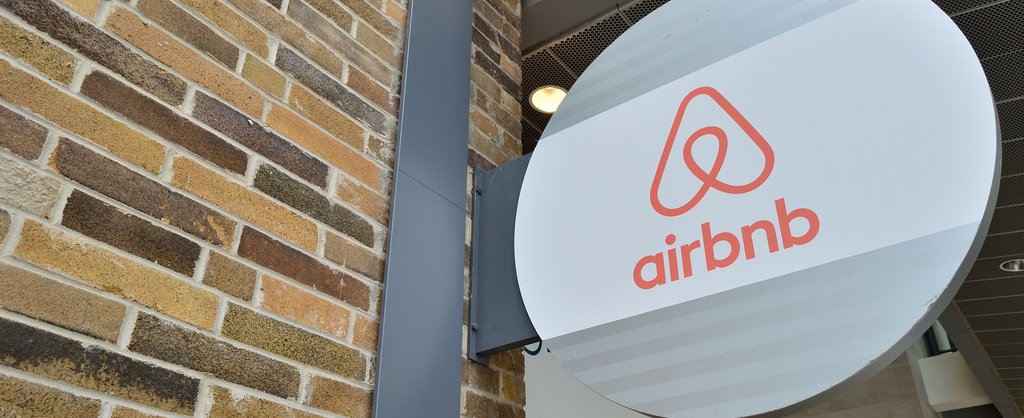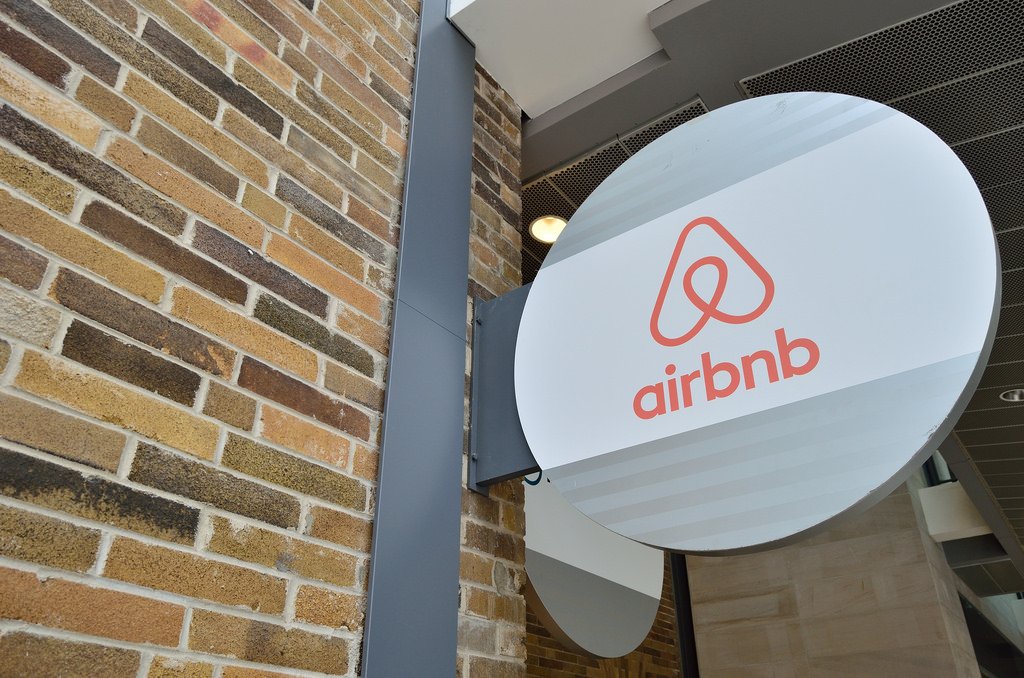
The exponential growth of peer-to-peer platforms like Airbnb has brought unprecedented choice and economic value. How can they be regulated best to benefit everyone? Tom Sasse introduces a new programme of work and invites contributions

The rise of peer-to-peer
Peer-to-peer markets are one of the fastest growing parts of the UK economy. In finance, accommodation, car-sharing and other areas, peer-to-peer platforms are challenging old business models and changing consumer expectations. They are using – and generating – data in new ways to develop insights about supply and demand for things like loans, transport and rooms.
The rapid growth of the sector has created big opportunities. It is now cheaper and easier for people to stay in many countries and cities. More people can generate income from spare assets. In London, the number of users on the leading platform Airbnb has quadrupled in the last two years and peer-to-peer accommodation is estimated to have generated £3bn across the UK in 2015. Studies have predicted that by 2025, the value of the peer-to-peer sector will be £9 billion in the UK, and around £250 billion worldwide. (Diane Coyle has suggested that these estimates may be low as much of the value created is not captured by traditional economic models).
This growth is also presenting challenges. It affects existing parts of the economy, such as banks, taxis and hotels. Use of shared assets like accommodation can impact local communities. And platforms are creating whole new parts of the labour market that require attention.
Regulation that benefits everyone
Balancing these is the task of regulation. It must support the benefits that peer-to-peer platforms bring while mitigating the impacts, allowing innovation to enter the market at a sustainable pace. Good regulation can help increase trust and use of the peer-to-peer sector while protecting those affected by it, the people who work in it and the people who use its services.
This requires a mix of old and new: enforcing existing regulations and legislation, sometimes using new methods, but also learning where current regulation needs to be adapted or new regulation created. That is why we are looking to develop new ways that data can help regulate the sector starting with one of the most developed areas – peer-to-peer accommodation.
What we are doing
Over the next nine months, we are going to develop and prototype new models of gathering and using data for regulation in the peer-to-peer accommodation sector.
We do not know yet what prototypes we will produce. In the discovery phase, we are talking to different users across the sector to understand their needs and do research to understand the policy environment. This will inform the prototypes that we will produce and test.
Some examples we are thinking about are:
- using data about usage of accommodation and impact on local communities to inform local regulatory debates;
- enabling data to be shared better, for instance between local councils and peer-to-peer platforms, to support the implementation of existing regulation, such as the 90-day rule (which has been implemented, in different forms, in London and Iceland);
- enabling crowdsourced reporting of consumer issues on platform, such as breaches of terms and conditions or anti-discrimination legislation;
- enabling the aggregation and portability of data (for example listings or, user reputations) across multiple platforms
The prototypes will aim to help regulators and the sector to balance different needs by supporting businesses, supporting communities and protecting consumers. We will only develop prototypes that can be tested with potential users from these groups.
What you can do
In order to develop and test tools that are useful, we need to work with people across the sector. If you are interested, please:
- get in touch to organise an interview
- keep an eye out for workshops we are running in September
- keep an eye out for further blogposts where we will share what we learn in this discovery phase
We are focusing the initial user-needs research and prototyping on activities in the UK, but we are keen to expand the work to other countries. We think we will learn that there are different user needs in different contexts. Get in touch with [email protected] if you would like to work with us to do that.